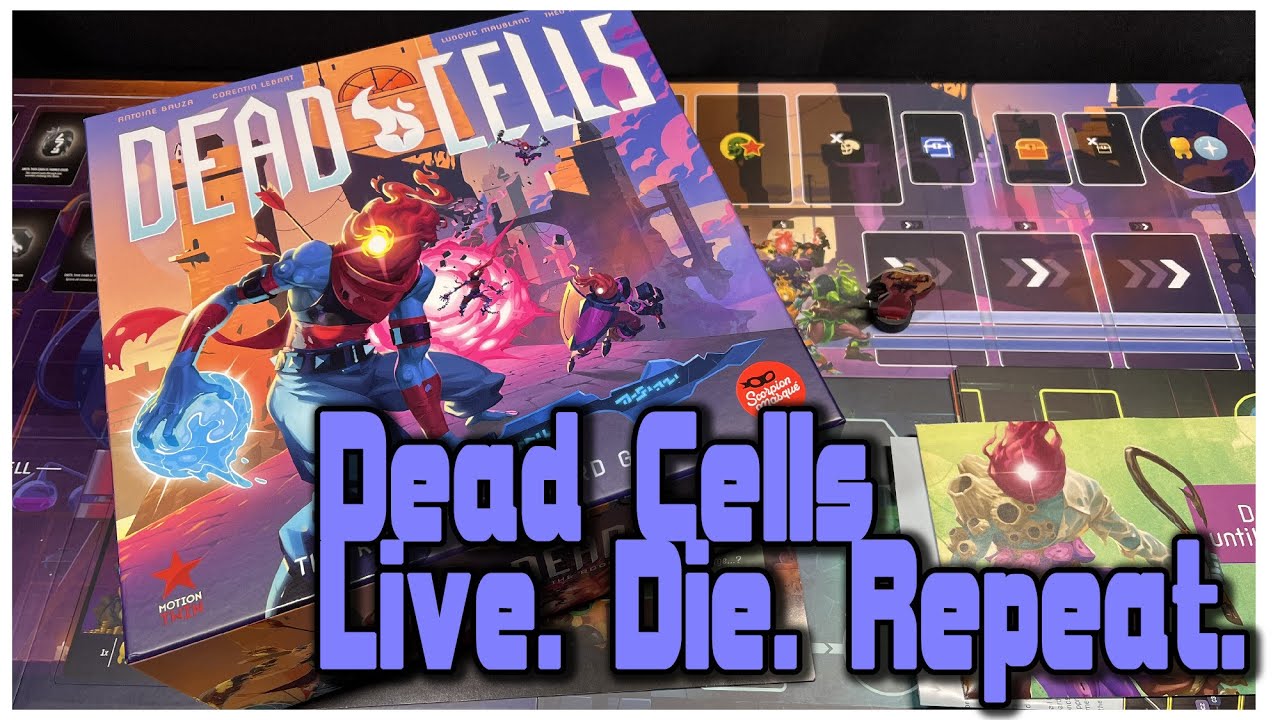Daniel (@DungeonDive) covers Dead Cells: The Rogue-Lite Board Game, a tabletop adaptation of the popular video game. This board game brings the rogue-lite experience to the table by allowing players to gradually unlock new skills, abilities, and equipment between runs, making future attempts easier and more rewarding. Daniel appreciates how the game emulates this progression system, especially with its mutation board that tracks player advancements over time. He also highlights the randomized dungeon setup, which includes five unique biomes with distinct tiles, enemies, and challenges, ensuring a fresh experience with each playthrough.
However, Daniel finds the game’s combat to be overly deterministic, describing it as an “efficiency puzzle” rather than an exciting encounter. Combat revolves around carefully choosing actions based on timing and range, requiring players to focus on maximizing outcomes rather than taking risky or unexpected actions. For Daniel, this calculated style of combat lacks the thrill he prefers in dungeon-crawling games, where unpredictable dice rolls or tactical decisions can dramatically change the course of battle. This focus on precision and efficiency ultimately dampens his enjoyment of the game’s core mechanics.
Additionally, Daniel points out that the game is best suited for three players, which limits its appeal for solo and four-player sessions. In solo mode, a character called Serenade assists the main character but lacks the abilities needed to fully replicate a second player, leaving solo play feeling limited. In four-player mode, only three players participate per combat round, leaving one player on the sidelines. Although he finds Dead Cells to be a thoughtfully crafted game with strong legacy mechanics and varied dungeon layouts, Daniel feels the rigid combat and player count constraints make it less enjoyable for his playstyle.
